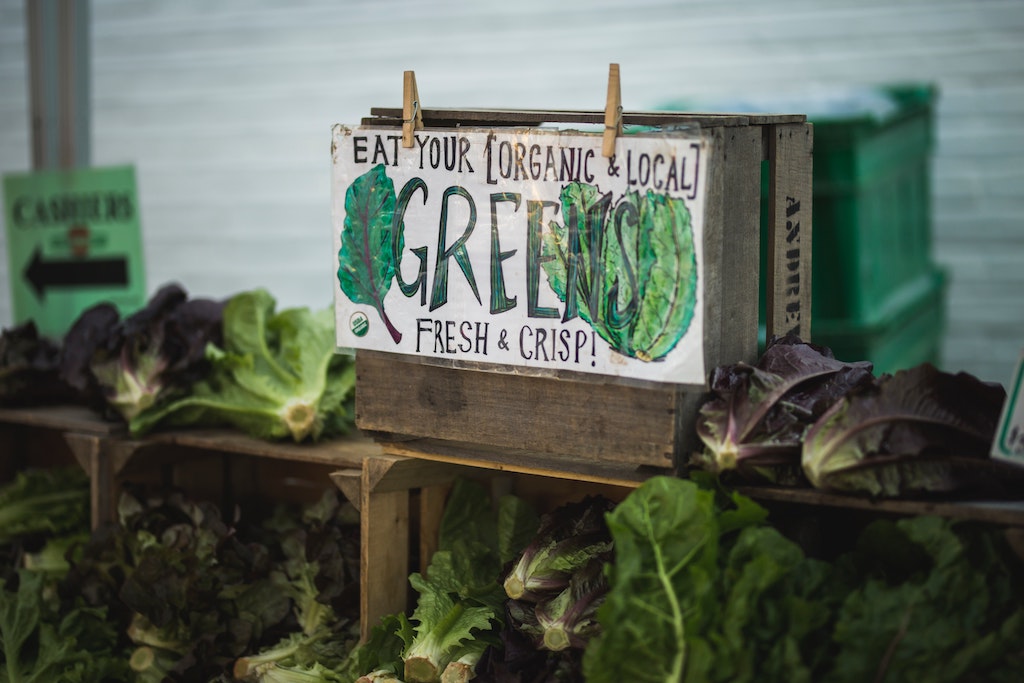Organic food
Buying organic has many positive effects. What should you look out for and what are the organic labels all about?

What is organic?
The main principles of organic agriculture are:
- use of external energy (e.g., through fertilisers),
- use of natural self-regulating mechanisms (e.g., crop rotation),
- nutrition of the soil instead of the plant,
- closed resource circles,
- use of natural plant protectants,
- and animal welfare.
Organic products are often healthier than their conventional alternatives. Additionally, organic production is more labour intensive and creates more jobs than conventional farming.
Farm workers on conventional farms are among those most affected by the use of pesticides, herbicides and other toxins. The occurrence of serious disease is related to heavy exposure to toxic sprays. Organic farming means workers experience a healthy working environment, with the direct benefits of cleaner air, water and soil.
What should you look for when buying organic?
- Look for organic labels with information about how the food was grown or processed.
- Don’t start with most expensive products. One main argument against organic food is that it has a higher price. While this is true, especially for meat products, there are other ingredients (e.g., flour, potatoes) where price differences are much lower.
- Buy directly from the producer. Food that is bought directly from the farm or an agricultural cooperative is often cheaper than when bought from a wholesaler. For regular deliveries you can also negotiate contracts directly with the producers.
- Promote your organic products. Studies show that consumers value organic food and are even willing to pay more for it. Therefore, if you offer organic products, make them stand out from the crowd. Present your organic food separately to gain customers’ attention e.g., by introducing specific organic corners.
What do I have to look out for in organic labels?
There are multiple labels on the market that certify organic food and agricultural products. Requirements for an organic certification vary from country to country and generally involve a set of production standards for growing, storage, processing, packaging and shipping such as avoidance of fertiliser, pesticides, antibiotics, food additives, genetically modified seed, or irradiation. Certification is overseen by the government (there the commercial use of the term organic is legally restricted), non-profit organizations and private companies. The International Directory on Organic Food Wholesale and Supply Companies provides a good overview of international organic labels. The international use of the term organic is explained in the International Market Labeling Guide published by CCOF.
 |
 |
 |
